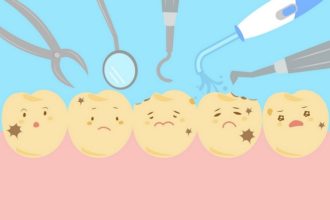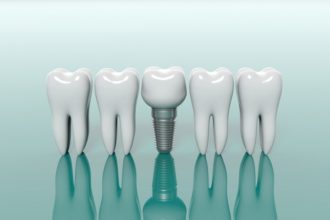10 Pros and Cons of Medical Cannabis
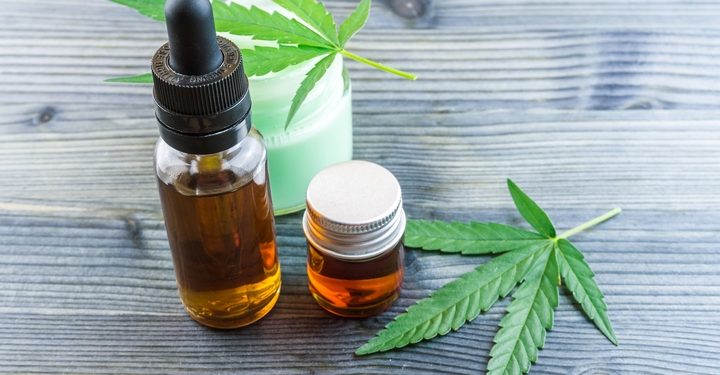
In Canada, cannabis is now legal for both medical and recreational purposes. This means that more and more people are getting interested in learning what cannabis and cannabis oil can do for them, so they can decide whether they want to consume it or not.
Medical cannabis can have many therapeutic effects, but we shouldn’t forget that this drug can have downsides as well. Let’s learn more about the ten pros and cons of medical cannabis.
1. Medical cannabis can help deal with the side effects of chemotherapy

Medical cannabis can help relieve the pain associated with cancer, and with chemotherapy. It can also help patients deal with the side-effects caused by chemotherapy, including nausea, vomiting, and loss of appetite.
It’s also believed that some of the compounds of cannabis can help fight some types of cancer tumors. Consuming medical cannabis does not cure cancer, but it does have some therapeutic benefits.
2. Medical cannabis can help reduce pain and inflammation

The pros of medical cannabis are evident for people who suffer from arthritis and joint pain. It helps relieve pain, and it’s also effective at easing the inflammation associated with different types of arthritis.
Since cannabis can also help people enjoy a good night’s sleep, those who are being kept awake by pain and inflammation can also greatly benefit from consuming medical cannabis.
3. Medical cannabis helps relieve anxiety and insomnia

Cannabis can make people feel drowsy, which is helpful for those who suffer from insomnia and have trouble falling asleep. Consuming medical cannabis will help them fall asleep faster.
People who are struggling with PTSD and anxiety can also benefit from consuming medical cannabis. On top of relieving anxiety and helping people sleep better, it can also help getting rid of nightmares.
4. Medical cannabis helps deal with HIV and AIDS
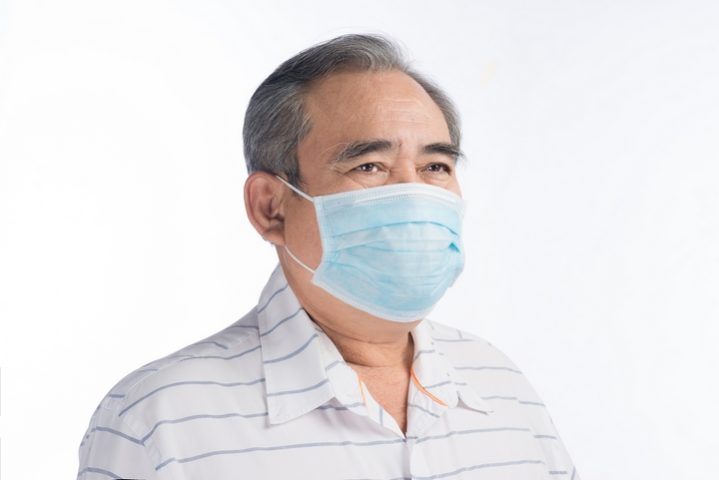
Medical cannabis is frequently used to help people deal with HIV and AIDS. People often confuse the two, but you should know that HIV is a virus that can lead to the deterioration of the immune system, which can lead to AIDS.
Since it helps reduce nausea, increase appetite, and relieve pain, medical cannabis can help treat the symptoms associated with HIV, and help cope with the anxiety that often comes with AIDS.
5. Medical cannabis is a good alternative to opioid pain relievers

People who experience chronic pain have to rely on opioid pain relievers, which can be extremely addictive and do more harm than good over time.
Fortunately for those people, medical cannabis is a natural, less harmful alternative to opioid pain relievers, and it can be just as effective. However, just like opioids, cannabis can also be addictive over time.
6. People who use medical cannabis can become addicted
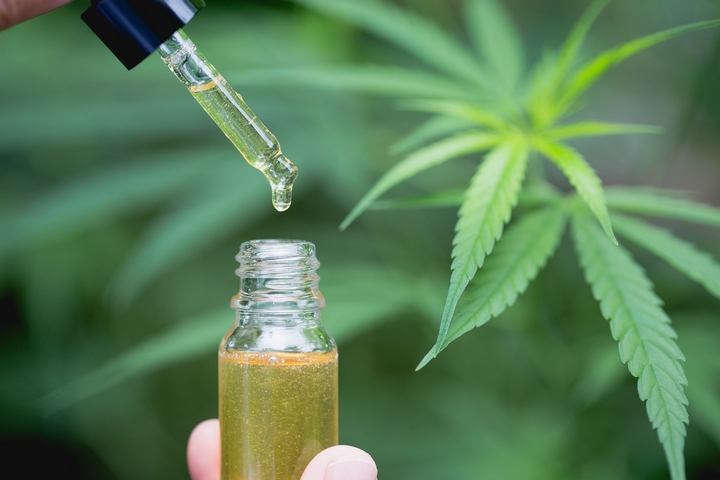
Despite what some people might say or think, there is truly a danger of becoming addicted to medical cannabis, especially if you consume it frequently.
Even though it’s used for medical purposes, cannabis is still a drug that can be both physically and psychologically addictive, so you should keep this in mind if you are thinking about trying it for the first time.
7. Long-term use of medical cannabis can affect the brain negatively
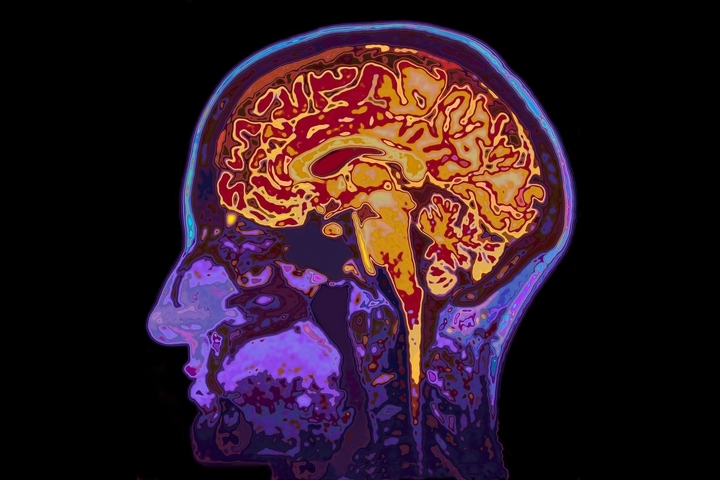
Long-term use of medical cannabis can have some irreversible negative effects on the prefrontal cortex of the brain. THC, one of the compounds of cannabis, is known as a brain disruptor.
Cannabis can also disrupt the appetite of the people who consume it, making it difficult for their brain to know when their body is full, or when it needs to eat.
8. Long-term use increases the risk of respiratory issues

Smoking medical cannabis, just like smoking tobacco, can increase the risk of developing serious respiratory issues such as airway inflammation.
Fortunately, medical cannabis doesn’t necessarily have to be smoked. It can be vaporized, or used as a tincture, a tonic, a balm, a lotion, a spray, a powder, and even butter or oil that can be used to bake goods.
9. Regular use can lead to mental health issues
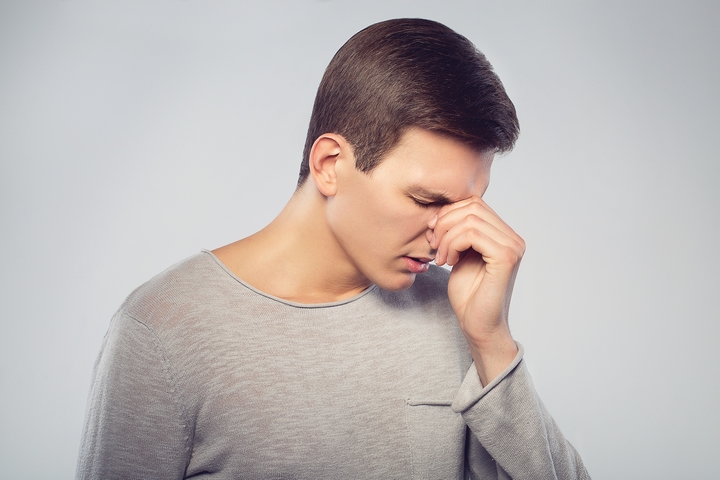
People who consume medical cannabis daily for more than five years risk developing a poor verbal memory. But regular use of medical cannabis can also lead to different mental issues.
Regular use of medical cannabis can lead to social anxiety, schizophrenia, paranoia, and depression. Although medical cannabis can help relieve anxiety, it can’t be overlooked that it can also cause it.
10. Medical cannabis regulation varies from one province to the other

Finally, since cannabis regulation varies from one Canadian province to the other, Canadians who consume medical cannabis might get confused about what is permitted and what isn’t if they travel, or if they move to another province.
Most provinces allow people to grow up to four cannabis plants in their home, but this isn’t allowed everywhere.

